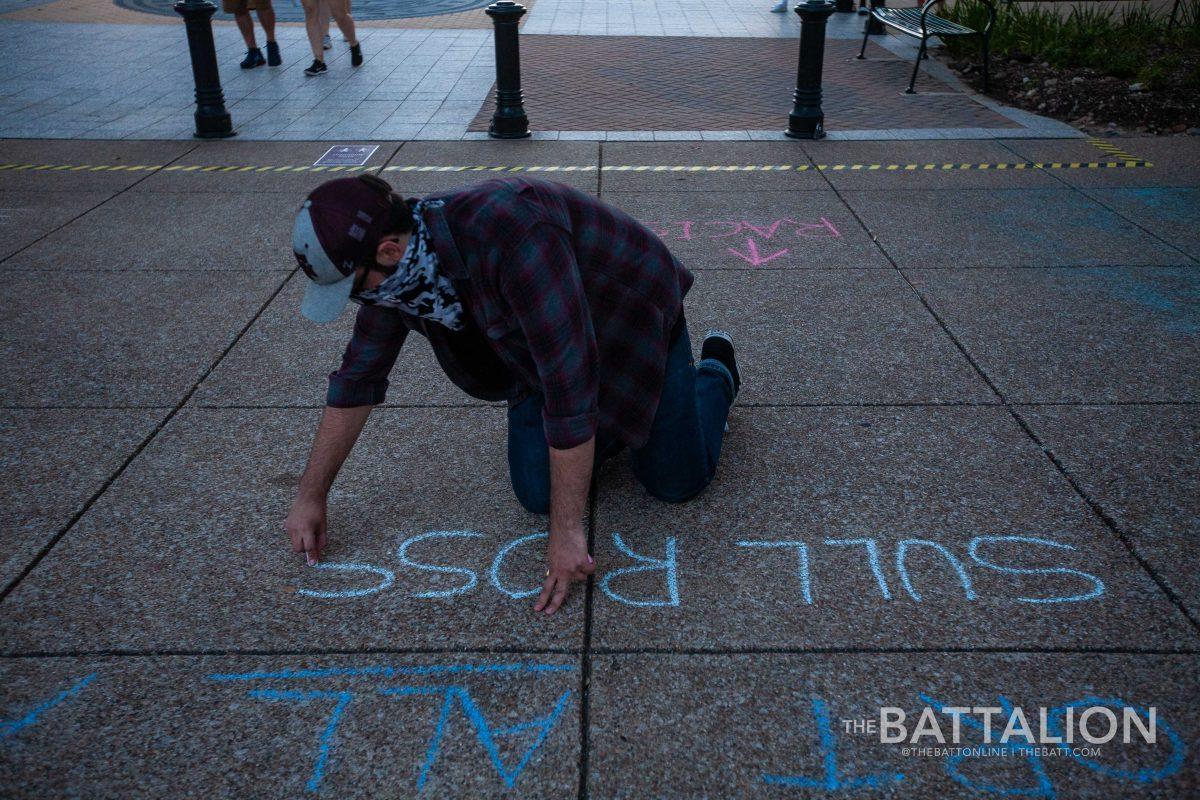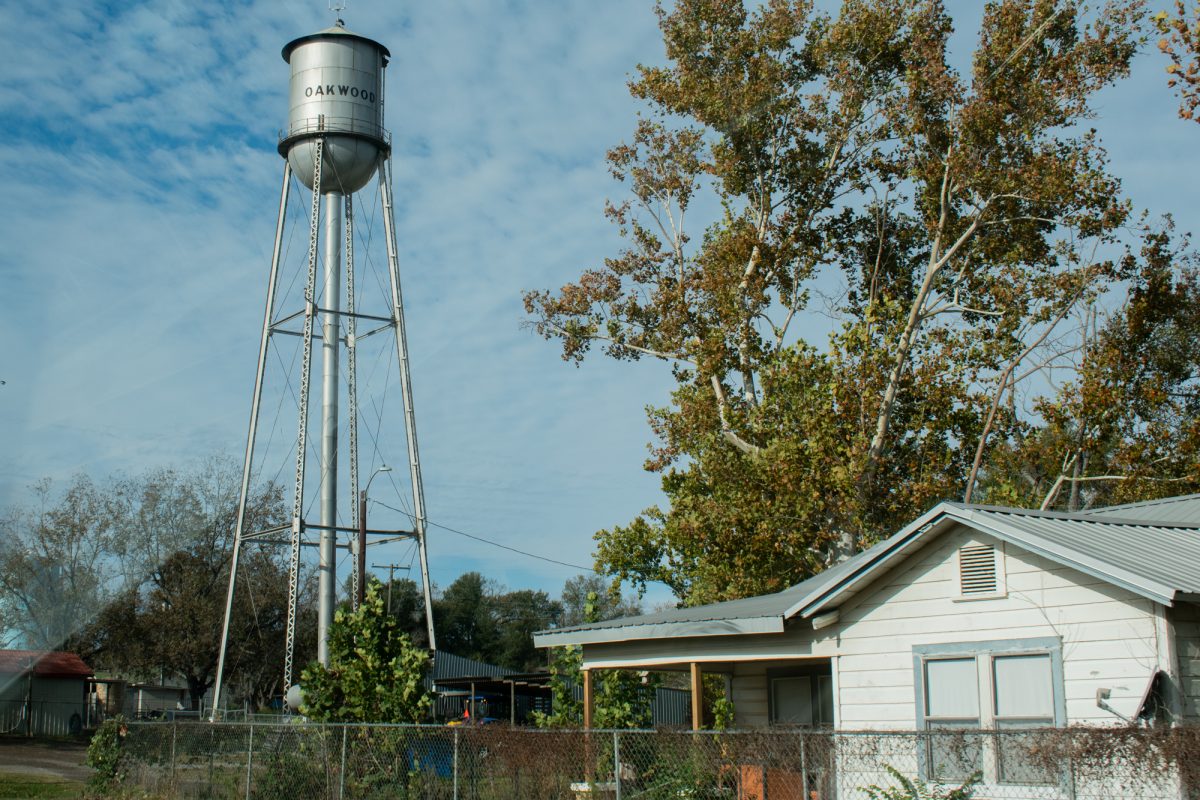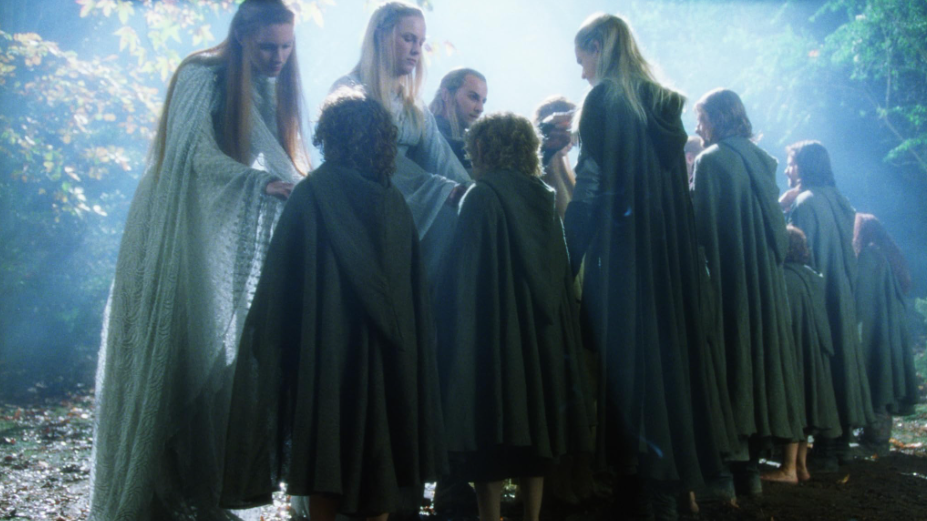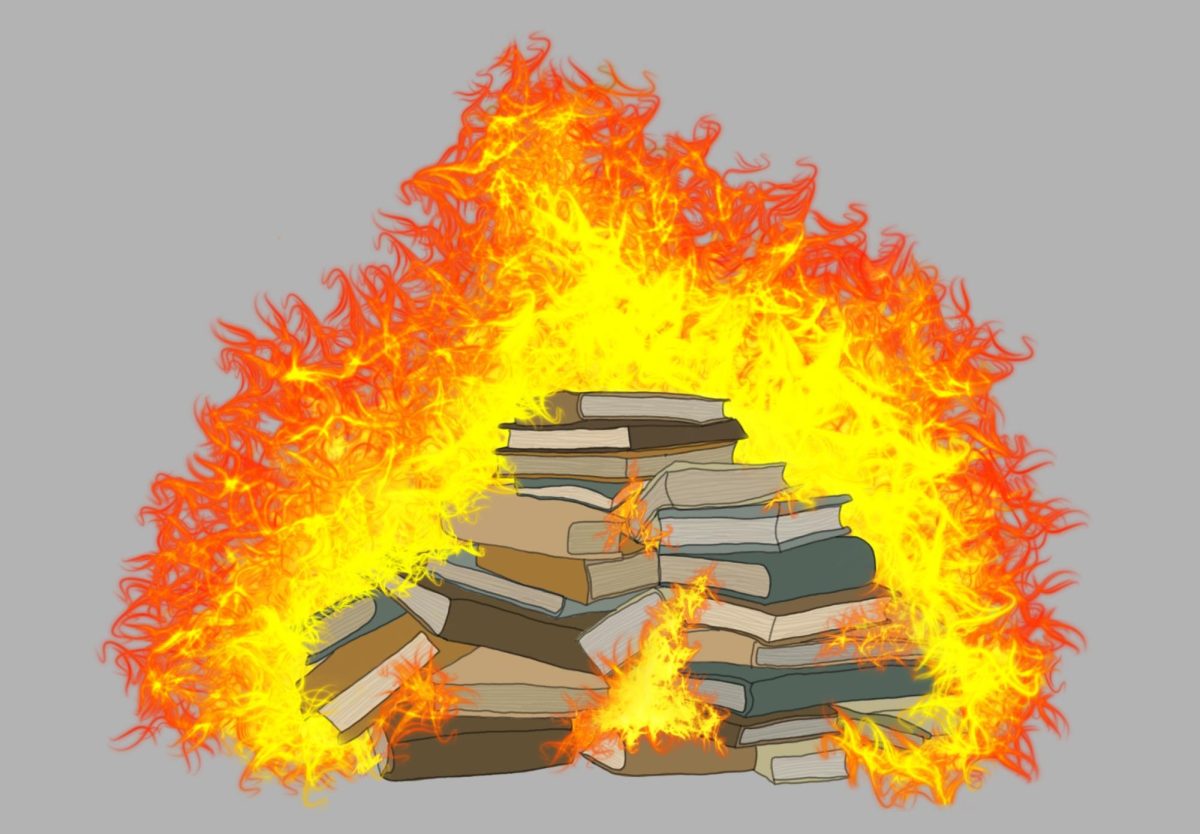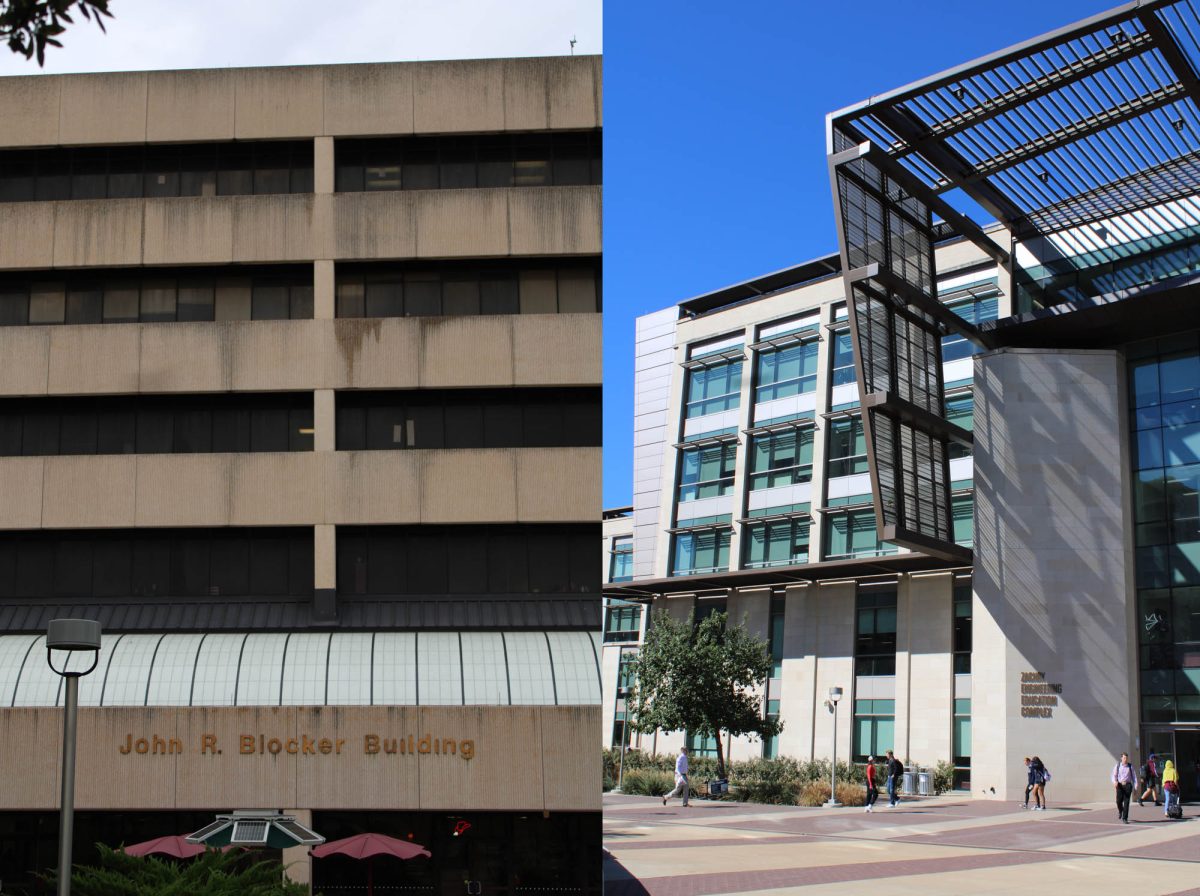Graduate student workers have been long underappreciated in academia. From grading papers to teaching supplemental instruction sessions, they’re the link between professor and student and are the indisputable glue holding things together in many classes. Recently, many of these incredibly stressed individuals have felt more of a cold shoulder from the university than usual. Student workers held a rally in front of the administration building on campus to protest being forced to hold in-person classes and their concerns not being heard or addressed. Texas A&M responded to the issue with a classic Provost Carol A. Fierke-style non-response, “We believe that face-to-face classes are important for providing the best educational experience for many students… I thank everyone at the university who is working so hard to make this a successful educational experience this semester.”
This isn’t the first time A&M has been accused of ignoring the needs and interests of its students. Several cases of sexual assault have been handled with victims criticizing A&M’s response. A number of sexual assault allegations have been poorly handled within the Corps of Cadets. A student found guilty of sexual assault was allowed to rejoin the swim team after a semester suspension. An A&M student tutor who reported a football player for sexual misconduct during a tutoring session was largely ignored by the university. Often the perpetrators of these assaults have gone unpunished.
A&M has had its fair share of internal disagreements. But one thing that seems to remain true is that the university’s leadership rarely addresses the issues brought up by its students with thoughtful consideration and dialogue. For years now the controversy surrounding “Sully” has been met with disregard and non-response, with officials like Chancellor John Sharp stating, “We are all entitled to our opinion, but we are not entitled to our own wrongheaded facts.” Only as recently as June, when tensions seemed to be at their highest, was the creation of a task force to discuss the issue announced. There’s been no word of any progress since then.
Chalking has long been a proud Aggie tradition. Until recently, if you walked through Academic Plaza or almost anywhere on campus you could find colorful messages scrawled out by students and student organizations. Now in what seems to be an effort to save face over an increasingly opinionated student body and minimize controversy, A&M has banned the practice. The email announcing the change states the ban was prompted by advances in technology and issues tied to the removal of chalk. The email goes on to say railroad chalk and aerosol spray, “are increasingly being used on campus in violation of the previous policy.” If that’s the case and the use of these particular substances was already banned, how does it make sense to punish the students actually following the rules and banning water-soluble chalk? Those violating student policy are more likely to not heed a ban on all chalk if they were already using forbidden chalk. The ones most likely to stop chalking were the ones doing so in accordance with policy. This outright ban seems to be an underhanded way to prevent students from expressing opinions that A&M would rather not see or showcase, which, if true, is a conversation to be had between A&M students and faculty. But instead, the entire student body loses their privileges like a classroom of rowdy children.
A particular concern for Aggies and college students all around the country is the violation of privacy that comes with proctoring programs, like Honorlock. The student body seems to be overwhelmingly against or at least suspicious of Honorlock. There is also a petition circulating online with nearly 10,000 students asking for the removal of the program. Students’ apprehensions about using Honorlock have been largely ignored. Sam Jefferis, Academic Affairs Chair for the Student Senate has gone on record saying Fierke did not address the petition or student concerns regarding the service and, “In all, faculty rushed to crack down on students rather than try to adapt their evaluations of students.”
For me, it seems like the most obvious issue is the lack of an open dialogue and consideration between students and A&M’s administration. If the university is to remain a conducive and productive learning environment, students need a voice and to know what they’re saying is actually being considered. It’s obvious what goes on at A&M does not come from the bottom up, with leadership often stating they recognize our concerns but are going to do what they want anyway. I can only hope that eventually they will realize that A&M should not be run like a corporation, with executives making decisions and employees following, but as a public institution should better reflect our own democracy. Until then, all students can do is try their best to get the message across.



